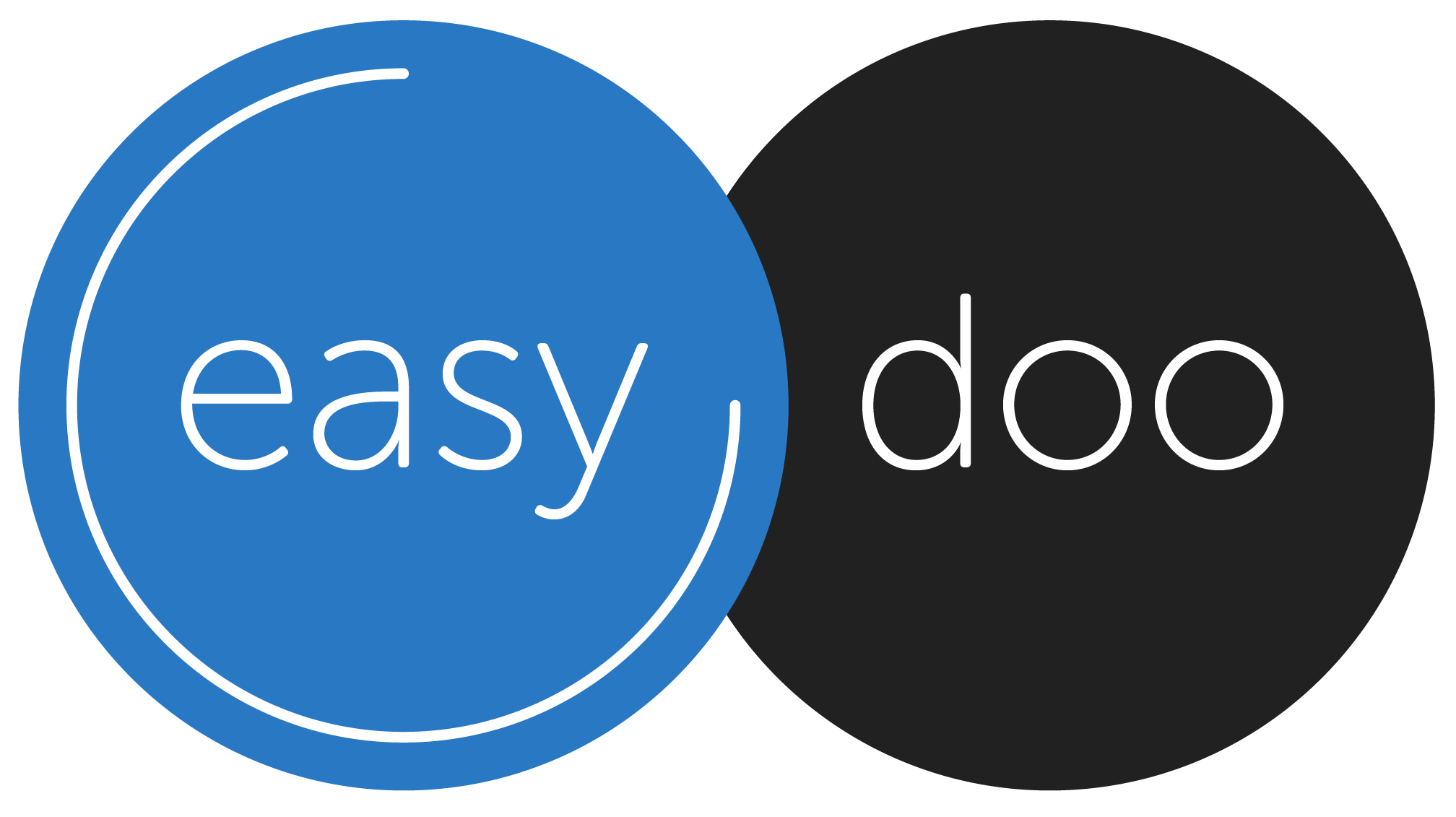Work Items (Basics)
What is the basic idea of Work Items?
Work items are the core of easydoo and digitally map work so that it can be scheduled and implemented on time by the person responsible for them.
A work item is assigned to the person responsible for it. This person, in return, can accept or reject the assignment. In addition, various information can be recorded on a work item. For example, the status can be updated, and the due date can be recorded.
Everything that belongs to a work item is linked or documented on the corresponding work item. To make sure that
- the responsible person can start immediately when he accepts the task;
- everyone who looks at the task has the whole context and all the information;
- everyone can understand what has been done.
What types of work items are there?
There are different types of work items. These have the same basic functions but can have different characteristics. There are predefined work item types such as tasks, agenda items and decisions. For example, these types go through different statuses, but you can, for example, record a description or set a date on all of them.
| Type | Purpose |
| Task | Most commonly used, ordinary work activity |
| Agenda item | Agenda item, which is usually discussed as part of a meeting |
| Decision | Decision approved or rejected |
You can create your own work item types with different statuses, fields and predefined planning and documentation.
Where are work items stored?
A work item is always stored in a drop folder. However, it can also be stored in multiple folders. Anyone who has access to the folder can also view and edit the corresponding work item.
How to be informed of important changes?
Each work item has participants. This includes the assigned person and the person supervising the work. You can also add other people as participants. In the event of important changes to the work item, all participants receive a notification under the menu item "Activities".
Get started now
Customer support service by UserEcho
